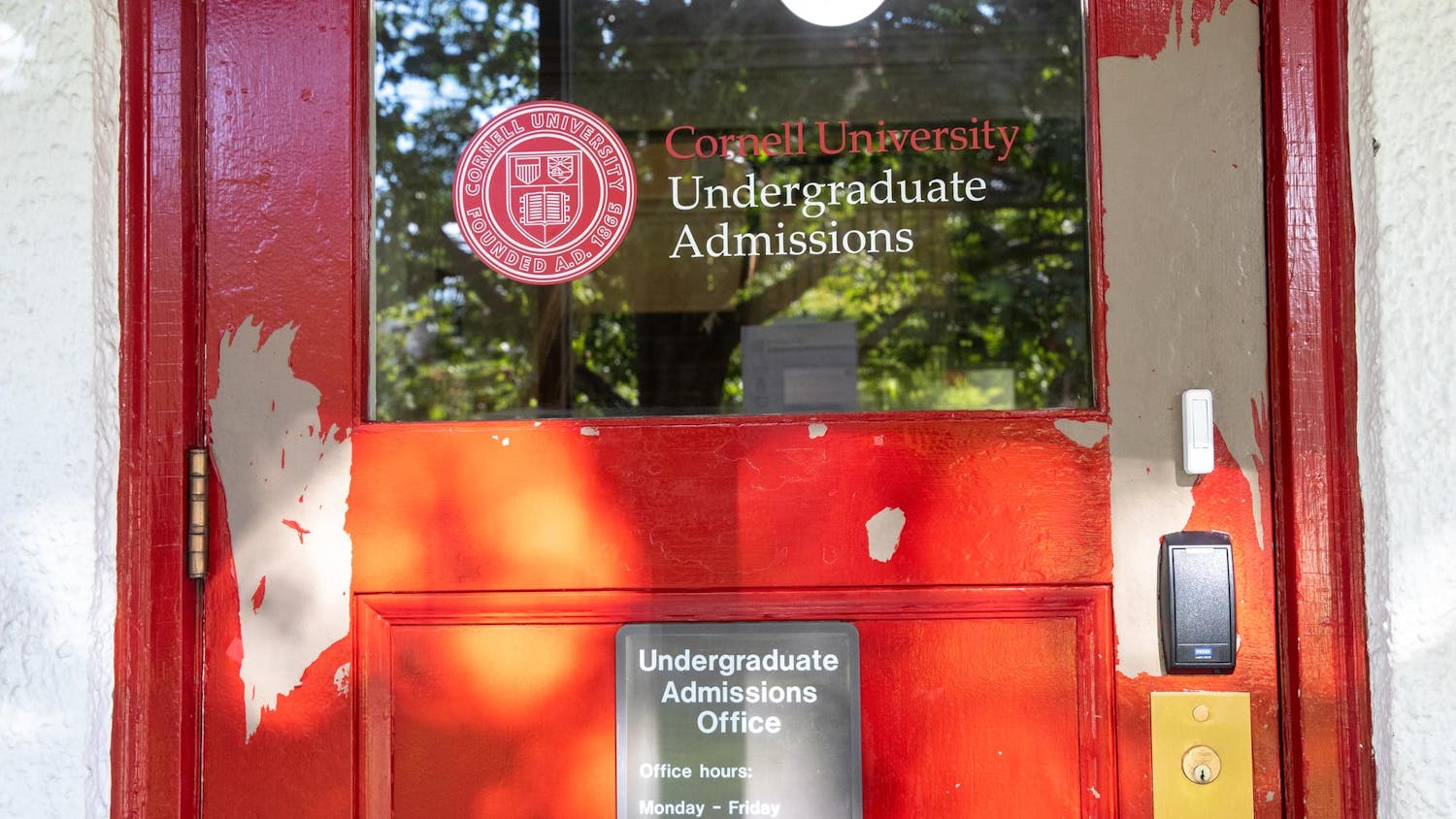Ever since Prof. Glenn Altschuler, American studies, joined the Cornell faculty in 1981, he has been an advocate for the value of the humanities and strong bonds between students and professors.
“I’ve tried to have my say about the importance of the humanities at Cornell, the importance of teaching and advising, and I believe Cornell has made a meaningful commitment to what I consider to be the important priorities in higher education,” Altschuler said.
He has been an avid advocate for promoting high-quality education on campus by building close relationships between faculty and students, yet he worries that not enough of the Cornell community takes this mission seriously.
“I’m concerned that not enough students or faculty take advising seriously,” Altschuler said.
He believes technology is one of the reasons for lackluster relationships between professors and students.
“Technology makes it easier to make either party not to take it seriously. Because students can add and drop classes online, they have few incentives to sit down and have a face to face conversation with their advisors, and advisors, left to their own devices, don’t take the initiatives either,” he said, adding that he tries to have frequent contact with his advisees to get to know them as people.
Altschuler is curious about a wide variety of topics, including higher education, a passion that led him to become the Dean of the School of Continuing Education and Summer Sessions in 1991. He is currently the longest serving dean at Cornell.
“I am a strong believer in lifelong education and I think it’s vital that Cornell does what it can do to make itself available to learners of all ages and all circumstances,” Altschuler said.
Since he has assumed this position, SCE programs have become more affordable and accessible to a wider range of audiences.
“I’m proud of our success in raising funds so that we can bring high school students whose families could not afford to send them here for the summer,” Altschuler said. “For example, this summer, we’ve brought 40 high school students from Harlem. This gives them a leg up on their preparations for college and broadens their horizons.”
Altschuler added that the Cornell’s Adult University has improved efforts to keep alumni connected to the faculty and the University, which has benefited the institution as a whole.
Because of his curiosity in a wide variety of topics, Altschuler considers himself one of the last few generalists in academia.
“We live in an era of specialization and to the specialists come many of the rewards in academia,” he said, adding that it is more difficult for academics in any field to be generalists.
His two-semester-long course, “Popular Culture in the U.S., 1900-Present,” reflects this kind of broad interest in American History.
“[This course] helps remind undergraduates that popular culture is a very good way to learn about American values, about what’s important to the Americans, and about what resonates with them and what doesn’t,” Altschuler said. “So we look at sports, advertising, movies, radio and television shows as forms of popular culture.”
In addition to teaching, Altschuler has written books on a variety of subjects during his career at Cornell, from American politics in the 19th century to rock and roll.
His most recent publications include Ten Great American Trials: Lessons in Advocacy, coauthored with prof. Faust F. Rossi, law, and Cornell: A History, 1940-2015, coauthored with Prof. Emeritus Isaac Kramnick, government.
Altschuler is also a prolific columnist and has written for countless journals, including The New York Times and The Huffington Post.
“I love writing book reviews and op-ed pieces,” Altschuler said. “I’ve written probably about 1100 of them over the course of my career and they range from columns in the education and life sections in the New York Times on higher education to a column with Cornell’s past president David Skorton to opinion pieces in the Huffington Post and Psychology Today.”
Altschuler credits his curiosity for his drive, saying “I follow my curiosity wherever it takes me and it has taken me to many varied projects both in my writing and my teaching.”

CORNELL CLOSE-UPS | Professor Altschuler Is Driven by Curiosity and Diverse Interests
Reading time: about 4 minutes
Read More










